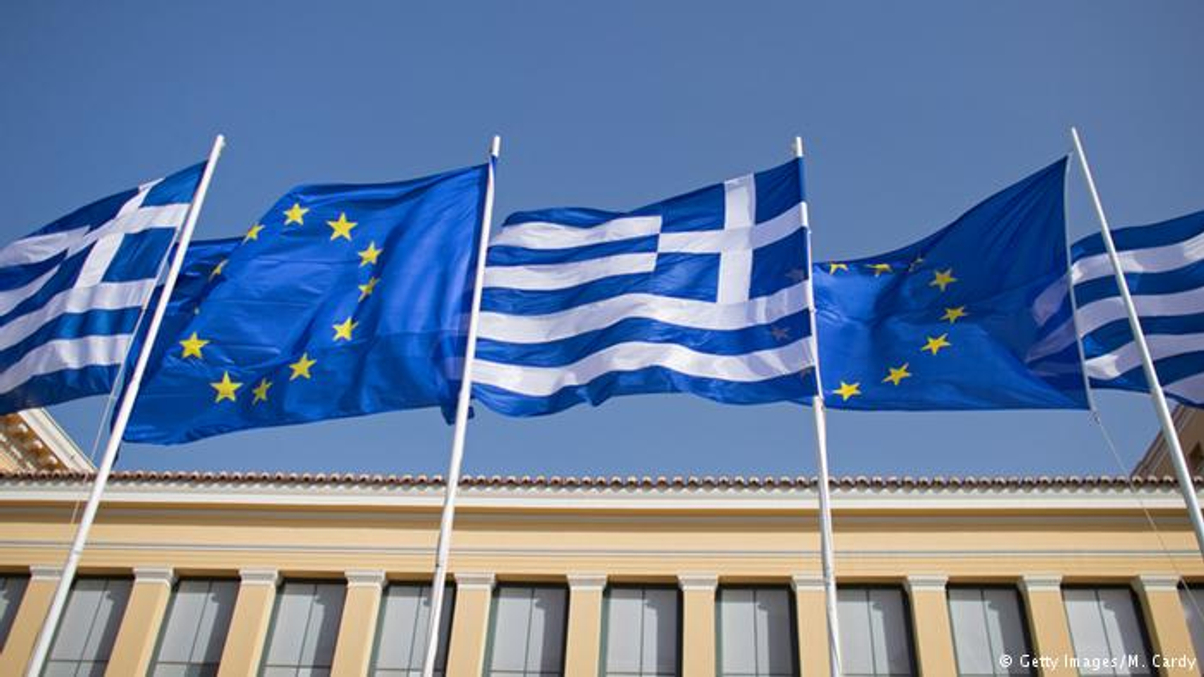Bond managers unfazed by Greek default
Money managers in the US are confident Greece’s default this week will not lead to contagion or impact the US Federal Reserve’s stance on raising interest rates.

Greece’s default on a payment to the International Monetary Fund this week has been met by a shrug among US-based bond fund managers.
Sign in to read on!
Registered users get 2 free articles in 30 days.
Subscribers have full unlimited access to AsianInvestor
Not signed up? New users get 2 free articles per month, plus a 7-day unlimited free trial.
¬ Haymarket Media Limited. All rights reserved.


